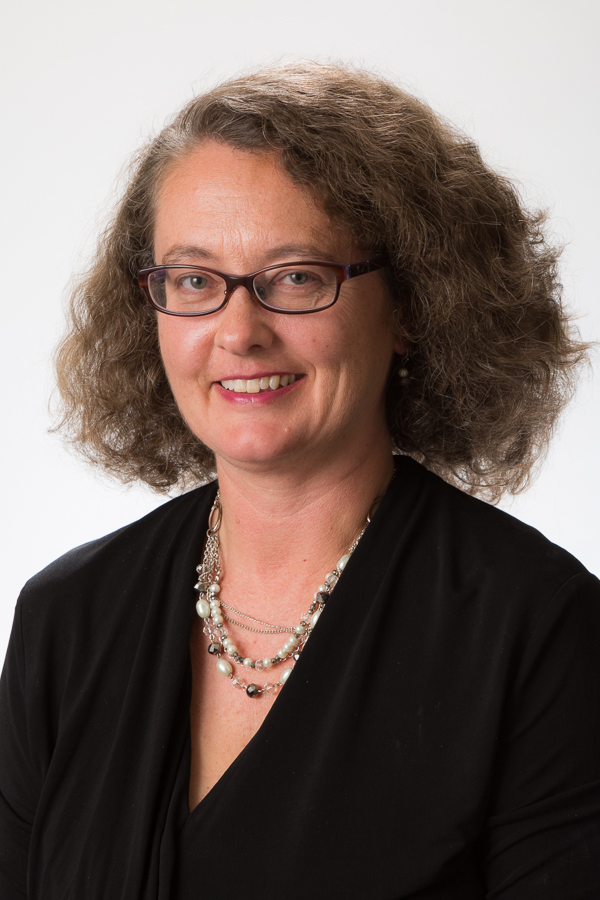
Health care professionals and scholars will convene in early November for the Sex and Gender Health Education Summit , where industry leaders will present the latest advances of sex- and gender-specific education. Amy Koerber, Ph.D., a professor of communication studies and associate dean for administration & finance, will deliver a unique keynote address by providing her communicative expertise to the hard science of healthcare.
The summit was organized by Marjorie Jenkins, a former faculty member of the Texas Tech University Health Science Center, who now serves as the dean of the University of South Carolina's School of Medicine. Koerber's keynote invitation to the summit is a product of a co-authorship with Jenkins, in which Koerber penned a chapter of Jenkin's book, “How Sex and Gender Impact Clinical Practice.”
As with the summit, Koerber stood alone as a communication practitioner among health care professionals. However, she hopes the two fields are moving closer to consistent collaboration in education.
 “Communication is just so important in health care,” Koerber said. “Everybody seems
to acknowledge that, but there's still this ongoing problem. Doctors and health care
providers need to be communicators, but they often receive very little formal training.
With the way medical knowledge increases – all the things they have to learn – it's
really hard for them to also learn how to communicate.”
“Communication is just so important in health care,” Koerber said. “Everybody seems
to acknowledge that, but there's still this ongoing problem. Doctors and health care
providers need to be communicators, but they often receive very little formal training.
With the way medical knowledge increases – all the things they have to learn – it's
really hard for them to also learn how to communicate.”
With her appearance at the summit, Koerber will join the keynote panel alongside Dr. Sarah Tempkin, associate director for clinical research in the Office of Research on Women's Health at the National Institutes of Health, and Dr. Alyson McGregor, associate professor of emergency medicine at Brown University. Together, these high-caliber professionals aim to address and tackle many discussions taking place in the health care sphere.
“There are certain learning objectives I have to hit, for sure,” Koerber said. “For example, there are strategies for the integration of sex agenda to health, professional education, describing the intersectionality of sex and gender with personal variables such as race or ethnicity. There's a lot, but it's all so exciting.”
Although these topics can appear dense to the laymen, Koerber and her colleagues acknowledge the importance of having such discussions. Among many other benefits, Koerber sees summits like this one affecting patients in positive ways as well as health care providers.
“One of the things we need to do is define the difference between sex and gender,” Koerber said. “Sex is a biological status, whereas gender has much more influence from cultural implications. This is important because, when you conduct medical research for many years on one type of person and assume that research applies to everybody, then you're not really doing good science. That's something that needs to be addressed on a much broader scale.”
Always an academic, Koerber hopes her keynote address can lead to new opportunities for communication education in health care.
“I've been researching health communication, medical rhetoric and scientific communication for a long time,” Koerber said, “but it's incredibly exciting to be reaching out to an audience that includes health care professionals and speaking more directly to that community.”
The summit will take place virtually Nov. 12-14. For more information on speakers, dates and registration, visit the summit's website. https://www.sghesummit.com/program
